Life
Sign up for our newsletter
We summarize the week's scientific breakthroughs every Thursday.
-
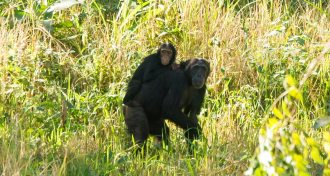 Animals
AnimalsChimps keep numbers high as forest losses mount
African apes show surprising resilience in face of forest destruction.
By Bruce Bower -
 Animals
AnimalsChimps keep numbers high as forest losses mount
African apes show surprising resilience in face of forest destruction.
By Bruce Bower -
 Neuroscience
NeuroscienceAltered protein makes mice smarter
By tweaking a single gene, scientists have turned average mice into supersmart daredevils.
-
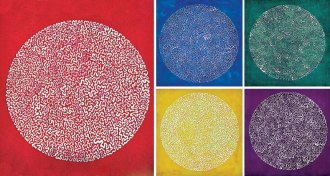 Genetics
GeneticsThe human genome takes shape and shifts over time
Scientists are mapping and modeling the 4-D human genome to get beyond its linear structure.
-
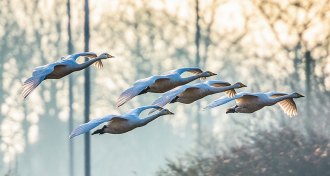 Animals
AnimalsA naturalist recounts birds’ lives in the Scottish Highlands
In Gods of the Morning, a naturalist chronicles how birds and other wildlife withstand the changing seasons in the Scottish Highlands
By Sid Perkins -
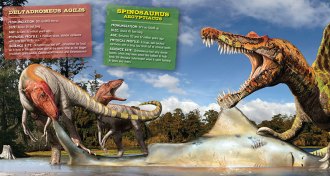 Animals
Animals‘Prehistoric Predators’ is a carnival of ancient dinosaurs, mammals and more
A new children’s book offers gorgeous illustrations and information for everyone about ancient carnivores.
-
 Life
LifeExtinction in lab bottle was a fluke, experiment finds
Extinction in a bottle was a random catastrophe, not survival of the fittest.
-
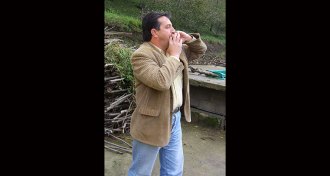 Neuroscience
NeuroscienceWhistled language uses both sides of the brain
Unlike spoken words, language made of whistles processed by both sides of the brain.
-
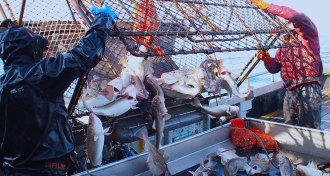 Animals
AnimalsSeeing humans as superpredators
People have become a unique predator, hunting mostly adults of other species.
By Susan Milius -
 Plants
PlantsWhat fairy circles teach us about science
Science can’t yet tell us how fairy circles form, but that’s not a failure for science.
-
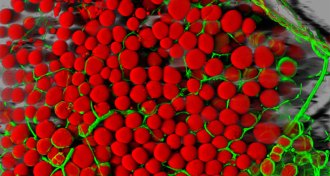 Genetics
GeneticsGene thought to cause obesity works indirectly
Researchers have discovered a “genetic switch” that determines whether people will burn extra calories or save them as fat.
-
 Health & Medicine
Health & MedicineStiff cellular environment links obesity to breast cancer
Obesity may directly support tumor growth by making a cell’s surroundings stiffer.